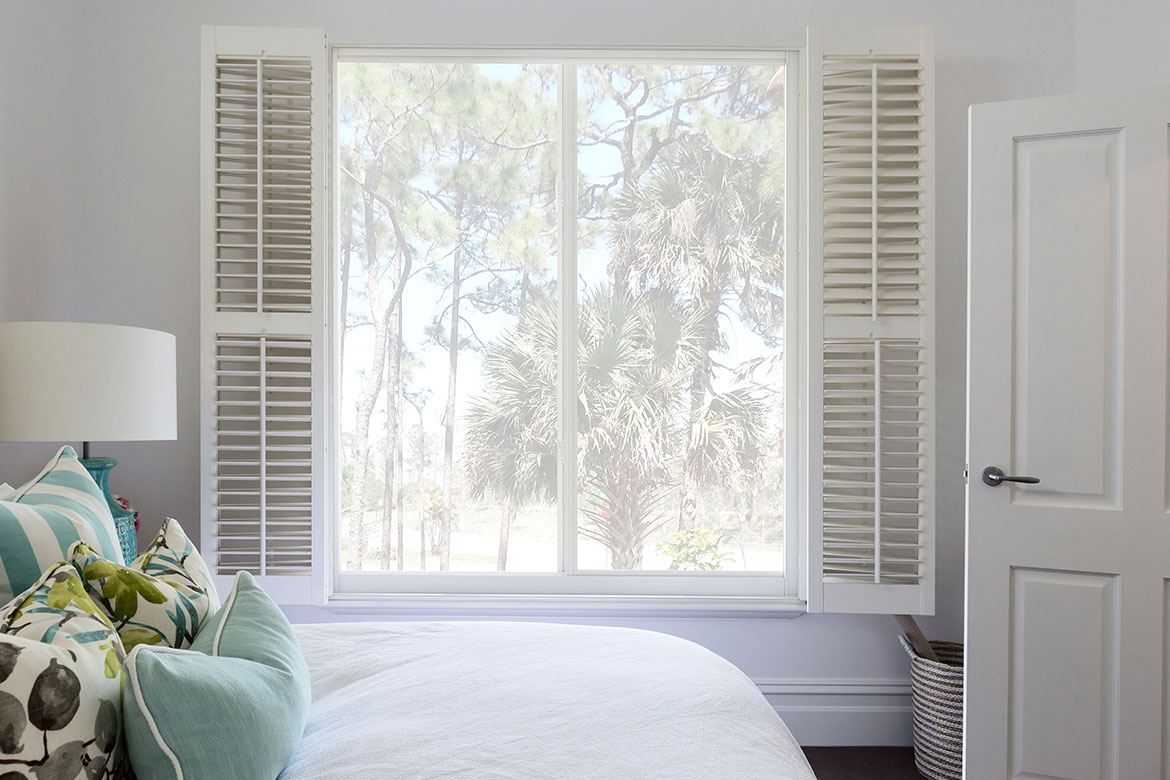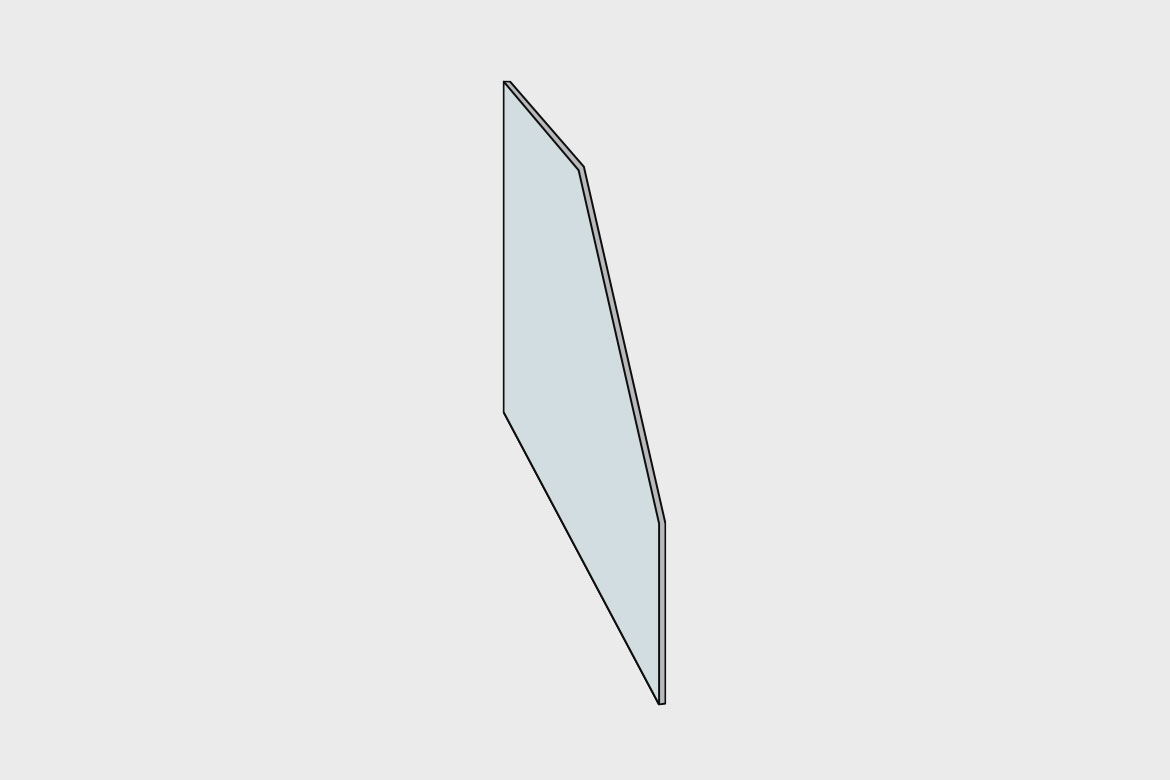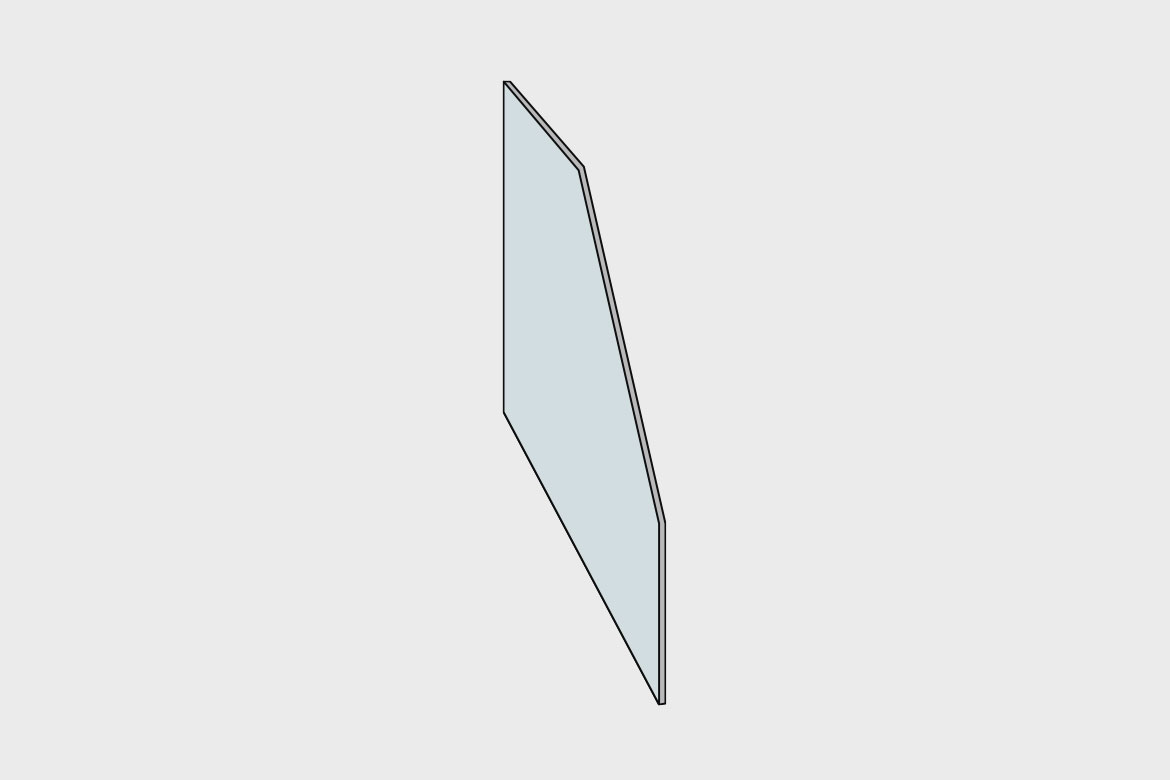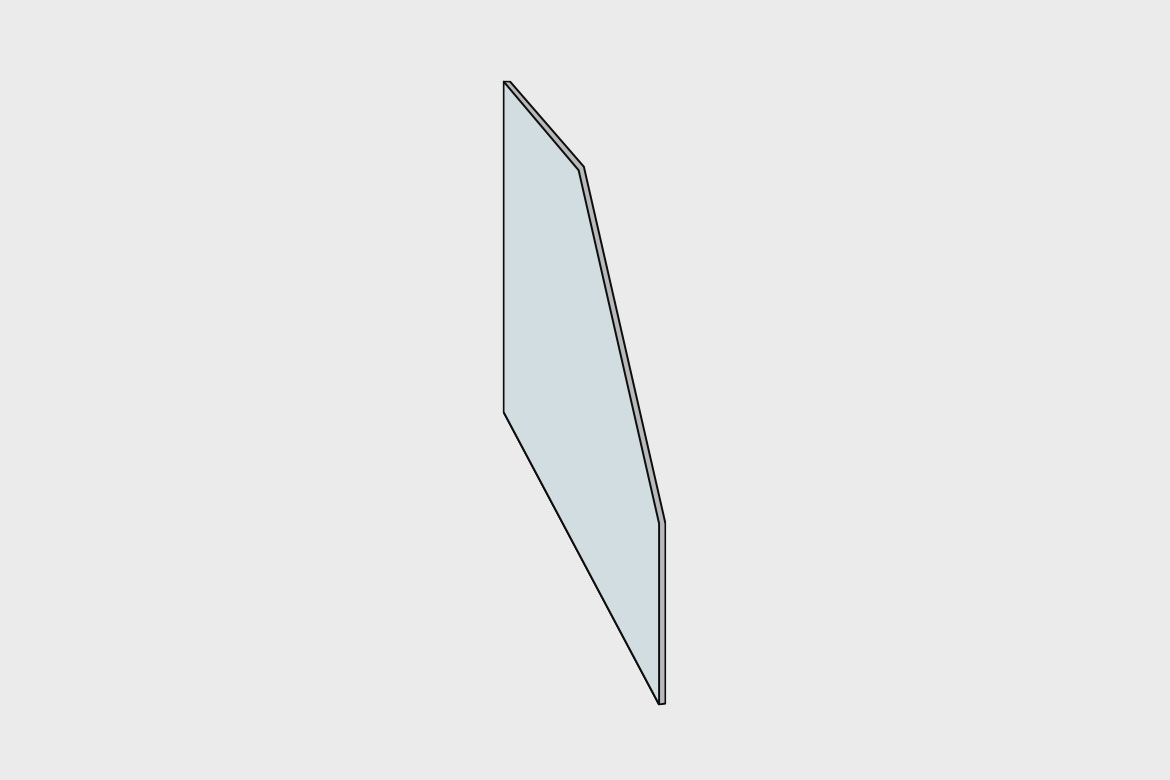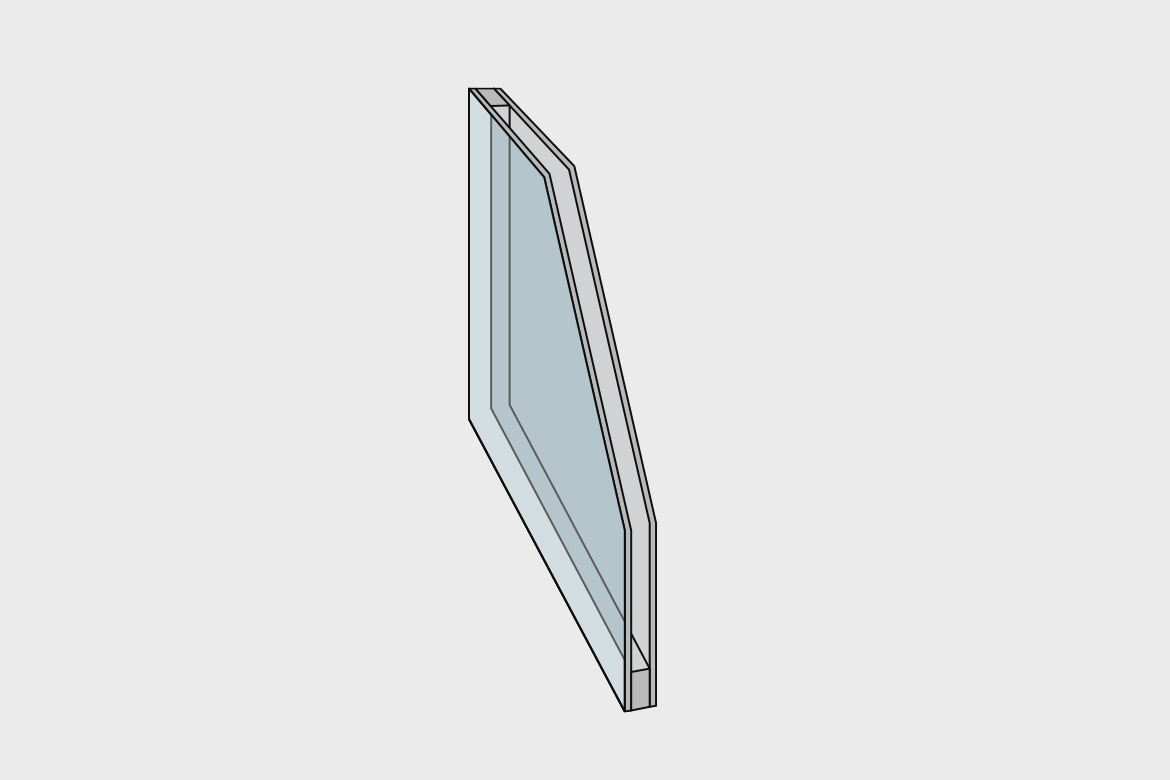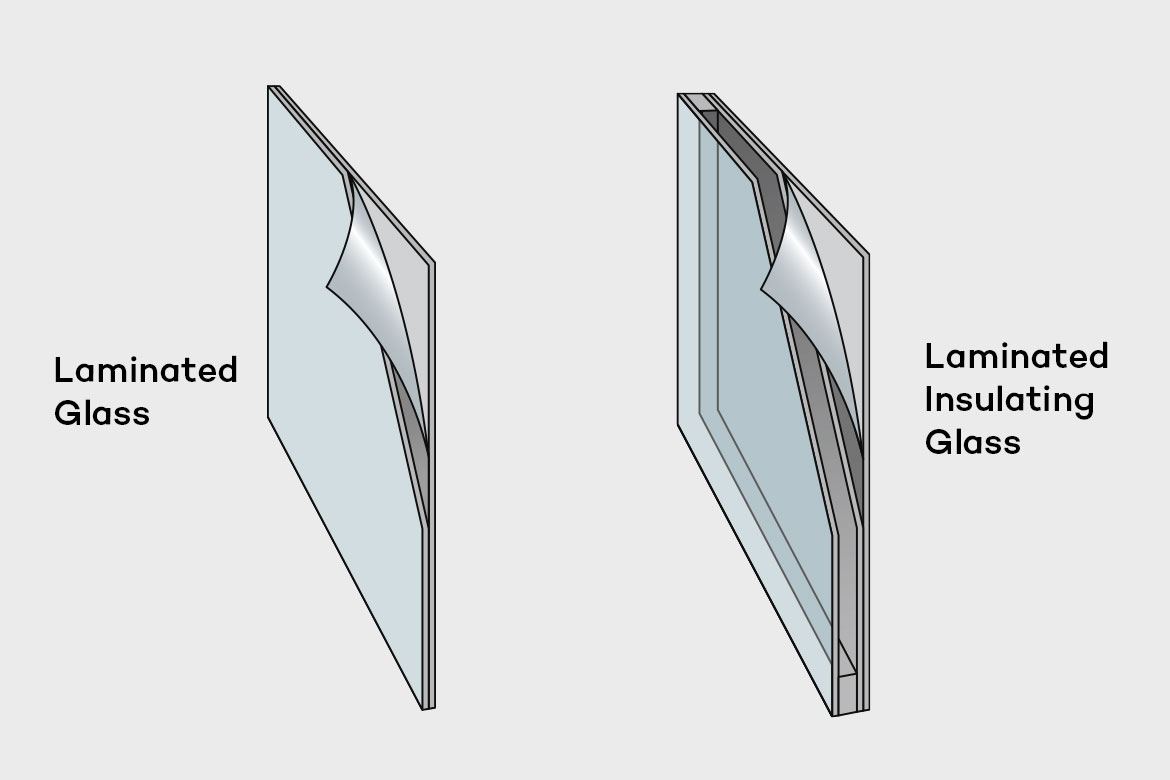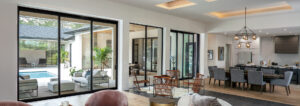When purchasing new windows, you have multiple options available. One of those is the kind of glass used in your window. By selecting the right types of window glass, you can lower your energy bills, maintain a comfortable indoor temperature, protect your furniture and drapes from fading, and have peace-of-mind during a storm.
Let us help you learn more about types of glass for windows.
Annealed Glass
Annealed glass (often referred to as “standard glass” or “plate glass”) will break into large shards if impacted. It gets its name from the cooling process that this glass type undergoes after being produced.
What you should know about annealed glass:
- Annealed glass is typically cost-efficient.
- Depending upon where you live, building codes may restrict the use of annealed glass if there is a risk of breakage due to impact or sudden changes in temperature.
- From a design standpoint, annealed glass is versatile because it’s easy to transform into a variety of shapes and styles.
Heat-Strengthened Glass
Heat-strengthened glass is annealed glass that is then heated to reach its softening point. After reaching approximately 1300°F, heat-strengthened glass is force cooled to create surface compression. This type of window glass will break into medium-sized shards if impacted.
What you should know about heat-strengthened glass:
- It is roughly twice as strong as annealed glass or untreated glass.
- Heat-strengthened glass is ideal for areas where low-wind conditions exist or the possibility of rapid changes in the temperature.
- Heat-strengthened glass is less likely to create a distorted view.
Tempered Glass
Tempered glass is produced similarly to heat-strengthened glass, but is cooled more rapidly to create higher surface compression. Also known as safety glass due to its breakage pattern, tempered glass also is approximately four to five times stronger than annealed glass.
What you should know about tempered glass:
- Tempered glass is ideal for residential doors and commercial applications that receive a lot of daily wear and tear, as it is more scratch-resistant than other glass types.
- The strength of tempered glass means it can stand up to strong winds, hurricanes, and other weather events.
- When safety is a concern, tempered glass reduces the risk of injury due to its nature of breaking into smaller pieces instead of larger sharp, jagged shards.
Insulating Glass
For insulating glass, a unique silicone glazing process helps keep it from breaking away from the frame. It’s composed of two panes of glass separated by air or other gas to reduce heat transfer.
What you should know about insulating glass:
- This type of glass can help reduce outside noise.
- Insulating glass provides a barrier to water and moisture while helping decrease condensation.
- It can help lower your energy bills since it helps maintain the temperature inside your home.
Laminated Glass & Laminated Insulating Glass
Like insulating glass, laminated glass uses a special silicone glazing process that prevents it from breaking away from the frame. Laminated glass is composed of two pieces of glass bonded, essentially “sandwiched” together, with a clear interlayer that, once sealed, creates a sturdier glass.
Laminated insulating glass is composed of three panes of glass. Two panes of glass are bonded together with a clear interlayer for impact resistance and one pane for added insulation.
What you should know about laminated glass and laminated insulating glass:
- Both types can protect against UV rays, which can fade furniture and carpets.
- Both types are suitable for specific hurricane zones requiring safety glazing for the exterior.
- Due to its durability, laminated glass is harder to break and offers additional protection for your home.
Depending upon any local or building code requirements you must meet along with personal preferences, there are multiple types of glass to consider. Armed with a basic understanding of types of glass for windows, you can work with a trusted dealer to find the right glass type for your home or project.

